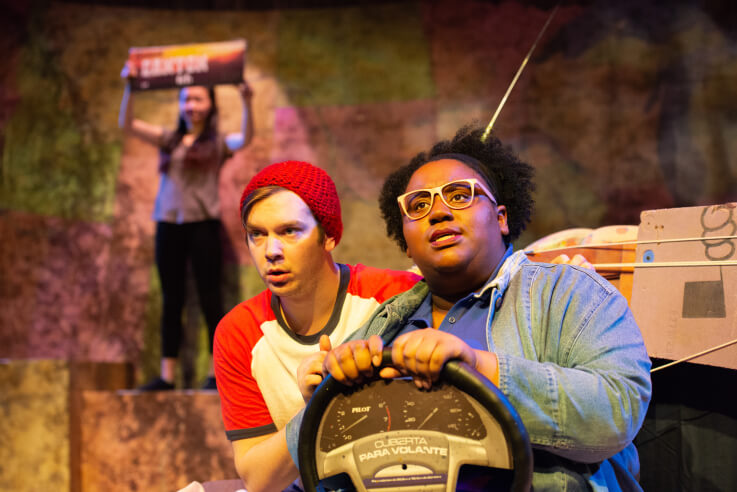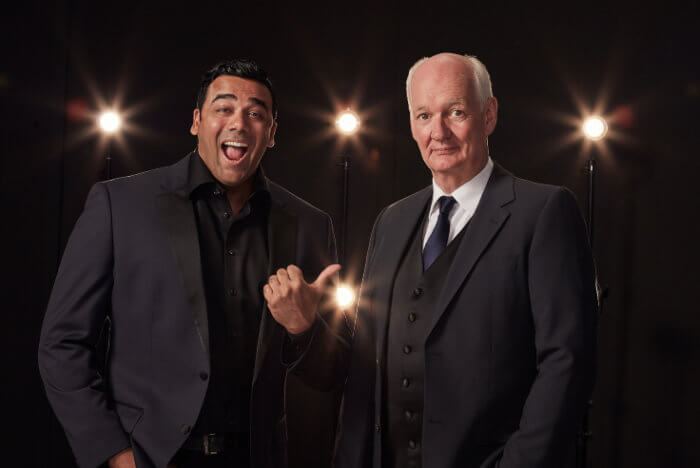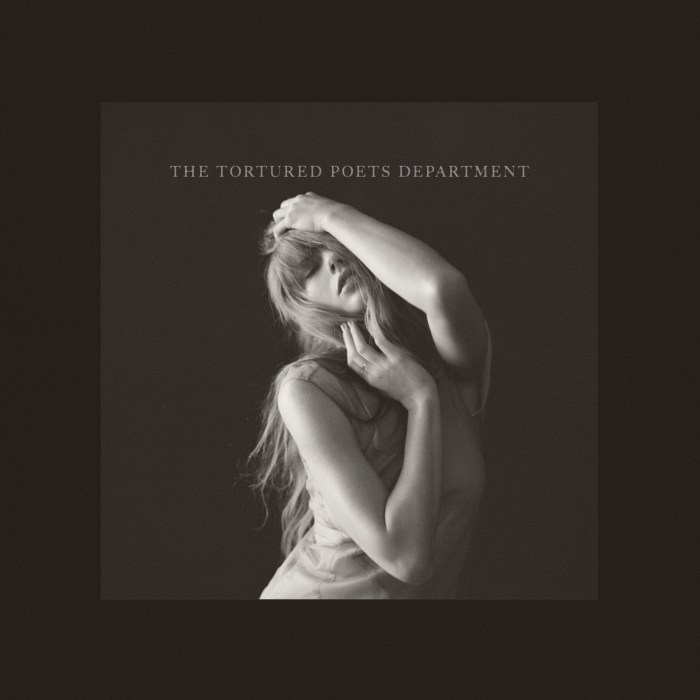Azuka Theatre’s newest production Bob: A Life in Five Acts (on stage until March 17) follows the story of one man who has quite an interesting journey. Bob hits all the normal points a comedic stage show normally follows with great one-liners, ridiculous but realistic situations and over the top characters. But Bob is not just a comedic stage show- it’s a hilarious masterpiece. The show is anything but average with superb acting, impeccable timing and a repertoire of comedy that will entertain virtually anyone. It’s a unique treat and one that is refreshingly different. Plus anyone can indulge in the hilarity that is Bob: A Life in Five Acts; Azuka Theater implements a pay what you wish feature meaning you decide how much you pay after the show ends. Michael Osinski, the director of Bob sat down with Metro to talk about the journey of Bob, how the actors take on multiple roles and overall what Philly audiences can expect from the show.
Run, don’t walk to see Azuka Theatre’s Bob: A Life in Five Acts
What makes the life of one man, Bob, such an interesting show?
Michael Osinski: I think the thing that makes him interesting is the fact that he starts from such humble beginnings and his journey is so imperfect. Throughout it all with a little exception in there, he maintains this sort of wide-eyed optimism about it. I feel like that’s what draws people in. He’s a little bit like Forrest Gump in some ways, and I think if he were perfect or if he was meant to stand in for everybody- it would be less successful. Some people have said that they think that Bob is supposed to be like an everyman sort of character, I don’t know if I’m a fan of that description. I don’t know why but something about that doesn’t sound right to me. What does sound right to me is the fact that he is imperfect, he is a little flawed, but he means well throughout most of the story. That’s something I think people can attach to.
The show tackles many serious situations a person can go through in life while still managing to make the audience laugh, was that difficult to do?
Michael Osinski: Not really, I mean comedy is always harder to do than drama because it relies on timing often. In order to make something funny you have to suspend your notions of realism a little bit. But then at the same time, sometimes what makes things funny is when actors are deathly serious about what they are doing, and the humor comes out of that. It comes out of people who are entirely committed to the character and whatever the character wants and needs, that just comes across as funny to us. Comedy is so relative, depending on an audience’s sense of humor. Yeah, there are some things that are universally funny, but it’s something that’s more unique to the individual. Some of the things that were difficult about it was knowing what we find funny might not be funny to everybody else.

There are five actors playing multiple roles in the show, do you think that gives the actors more creative freedom? How does that play in with the timing of the show?
Michael Osinski: I think its probably more difficult for them to do than for me to notice. I’m the one sort of standing outside watching and telling them what I see, and if I think they’ve brought the character to life. But that’s for them to figure out how to do it quickly, because with comedy you have to move fast. Pacing is very much a part of the comedy, so if the show moves slowly I don’t think it’ll be nearly as funny. It really is on them to figure out the changes they need to make whether it be physical or emotional to the next character.
Do you allow the actors creative freedom when they switch their roles or do you try and guide them in a specific direction?
Michael Osinski: They had some freedom coming into it in terms of how they saw the characters, and we definitely encourage them to make bigger, bolder choices. The only thing that was my job to dictate to them was ‘hey this is how old this character is at this point, so whatever you do somehow has to convey that’, or ‘in this moment you’re experiencing some sort of medical pain and that has to be clear’. There are specific things they have to deliver but then its also open to interpretation, it’s my job to determine whether the ideas they have feel like they align with the character and if they help make the storytelling clear. Sometimes actors will have crazy ideas that might seem right for the character but if we can’t understand who they are or what they’re saying then we can’t go with it. You sort of have to negotiate a little bit.

What lesson or lessons do you think audience members will take away from the show?
Michael Osinski: As a director, maybe this makes me different from other artists, but I’m almost never a director who wants audiences to take away one very specific message from the show. I internally believe that art should be open to multiple interpretations. If you see a Pollock or a Picasso or a something like that, you think you know what you’re seeing. You can sort of articulate that, but there’s no explanation accompanying the painting to tell you if you’re right or wrong. So, in terms of if there’s one specific message- I can’t think of one. I do hope people see this as a story about ‘forgotten America’. There’s a reason in this play we never go to New York or LA, the biggest cities we go to are Chicago and Vegas. But you never meet anyone big or famous, there’s a reason that we’re not meeting those people and we’re not going to bigger cities. We are going to small towns, going to diners and meeting waitresses and farmers. I would hope that they would take away from the show that it’s from a perspective that we don’t look at as often as we should.
Bob: A Life in Five Acts is on stage now at the Azuka Theatre. To learn more about the Azuka Theatre and to reserve tickets visit azukatheatre.org
































